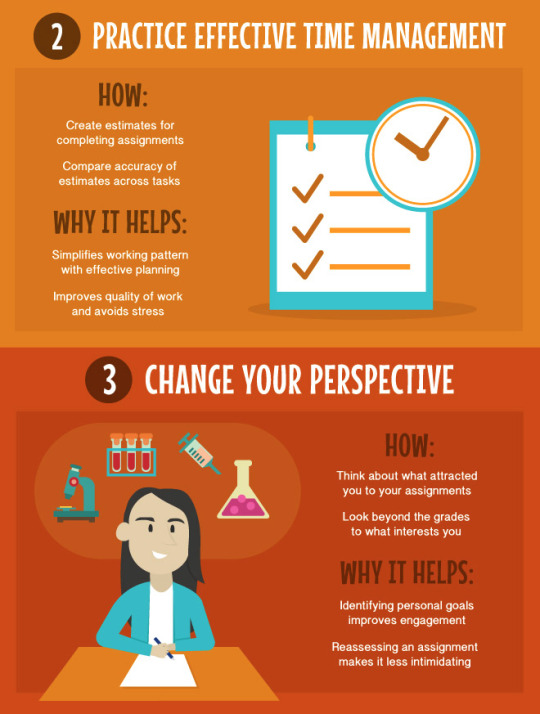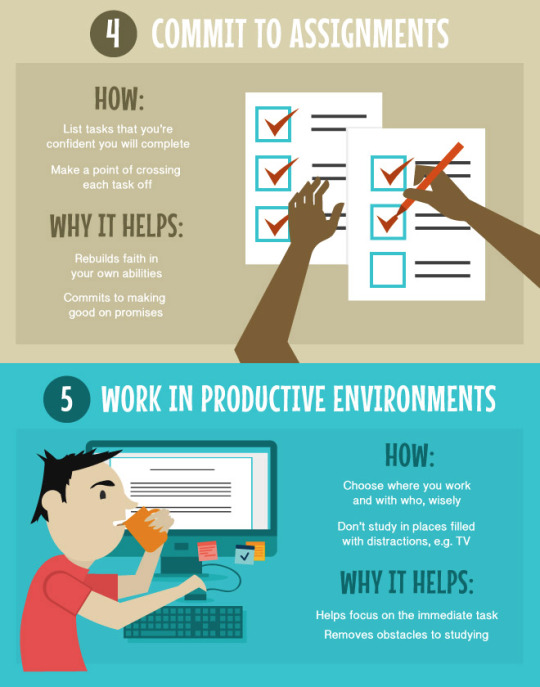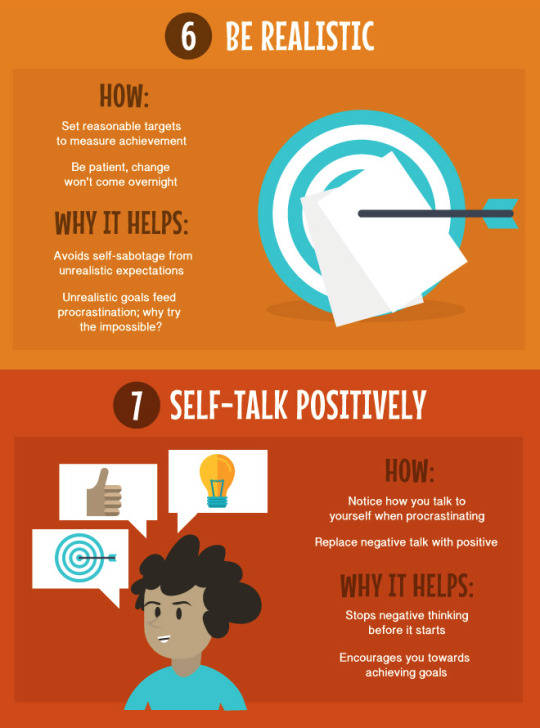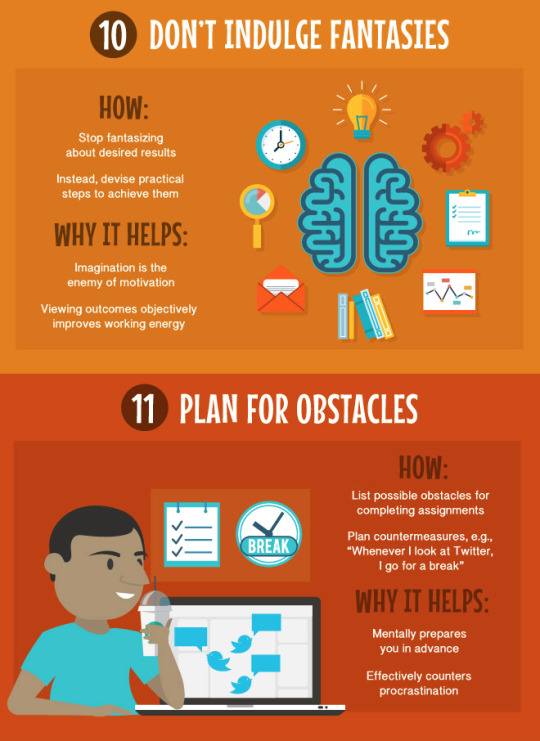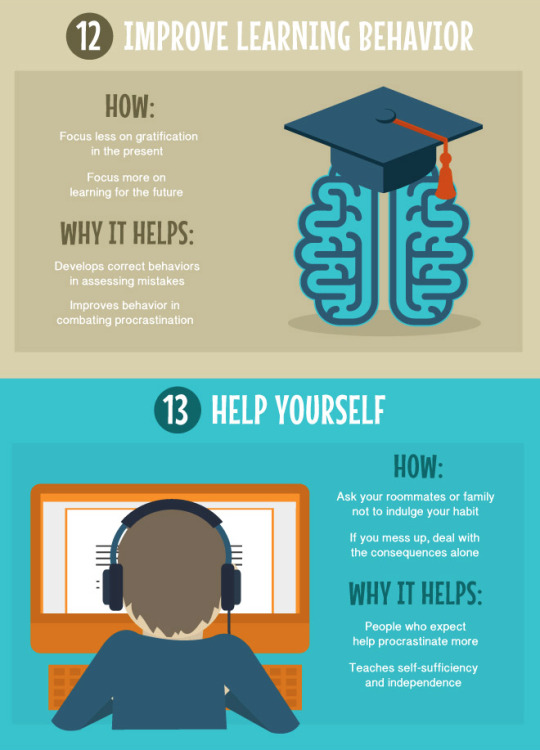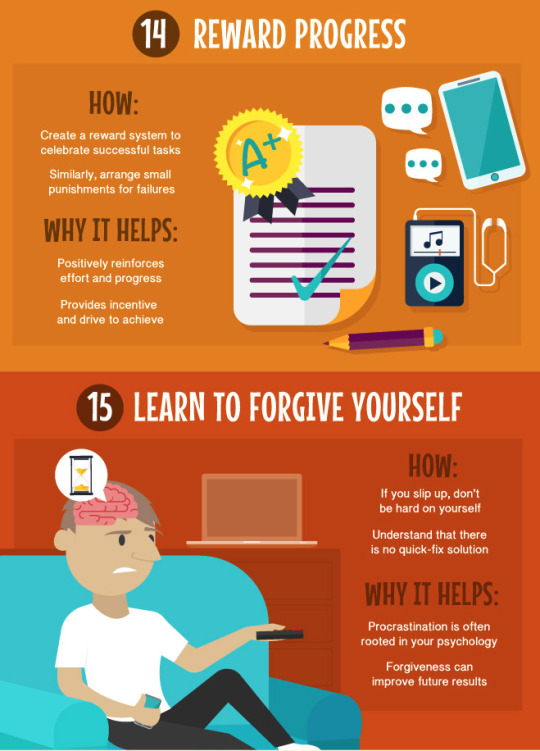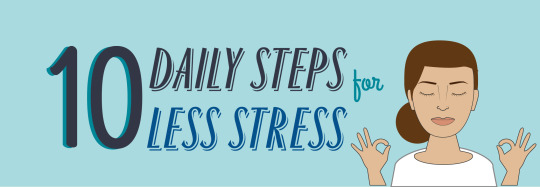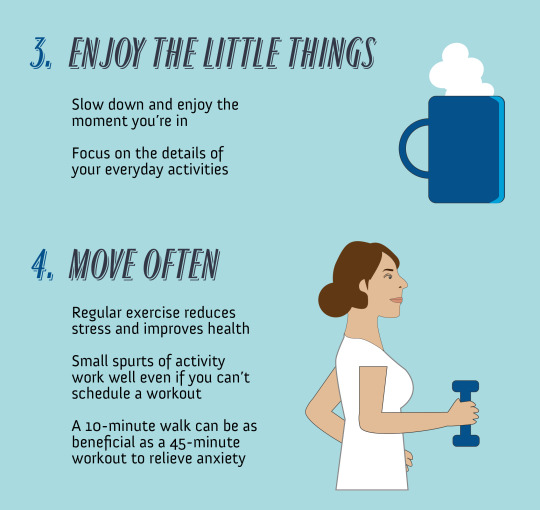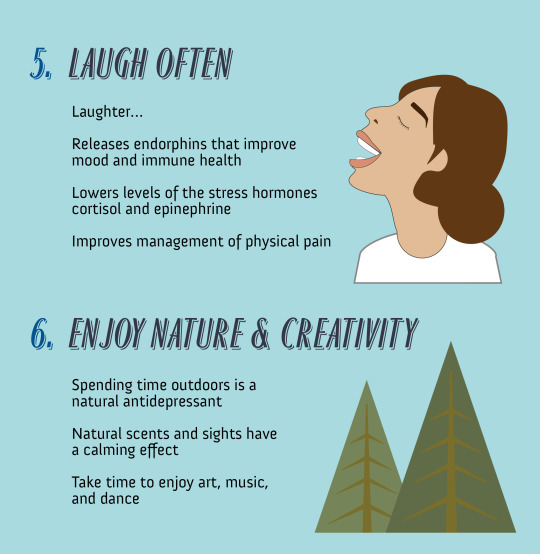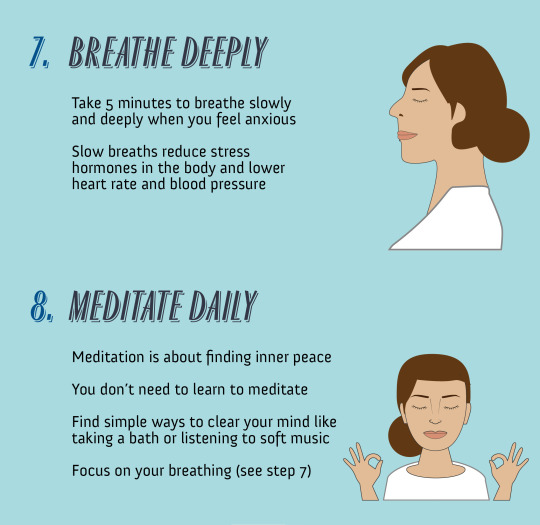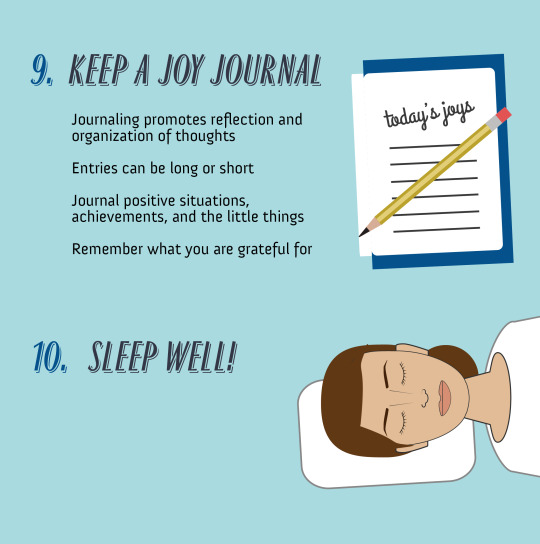Don't wanna be here? Send us removal request.
Photo
World suicide prevention day (10)

3K notes
·
View notes
Text
Hello, I invite everyone to register in this page and be a potencial donor:
2 notes
·
View notes
Photo
World suicide prevention day (10)

211 notes
·
View notes
Photo
Self-awareness month
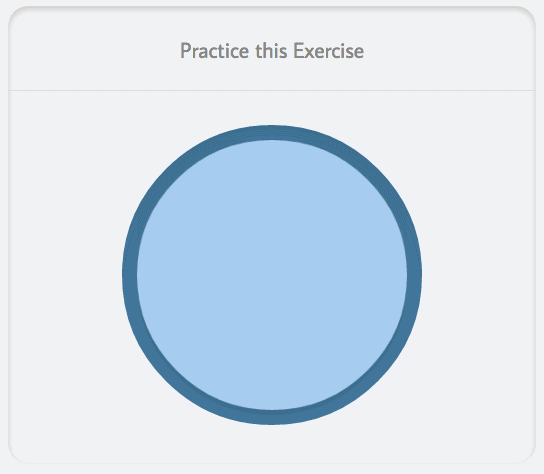
The most important exercise you’ll do all day.
113K notes
·
View notes
Photo
World suicide prevention day (10)

245 notes
·
View notes
Text
Learn to say “thank you” instead of apologizing for talking to someone. “Thank you for listening to me” or “thank you for letting me rant.” Do not allow your feelings to make you feel like a burden.
2K notes
·
View notes
Text
gentle reminder
no matter how bad things are, they always get better - please just hold on a little longer
1K notes
·
View notes
Note
Hi, I was just wondering how antipsychotics cause weight gain?
Hello,
The mechanisms are complex, but may include reduction of the metabolic rate, histamine blockade (which increases appetite) and cholinergic blockade (anticholinergic effects, which dry the mouth and thus increase fluid intake).
Adam
5 notes
·
View notes
Photo
International Day against Drug Abuse and Illicit Trafficking (26)










11K notes
·
View notes
Note
1) What exactly do psychiatrists do? They're not neuroscientists, they're not pharmacologists. I've heard that their speciality is patient assessment,basically, they wanna weed out the really bad eggs, make sure they're not a danger to themselves or others,then prescribe accordingly. But many in clinical practical practice, their focus won't be drug mechanics. Nor will it be the specific type of neurologic dysfunction.
2)Additionally, they’re not psychologists so, personality isn’t really their area either. I know they come from a medical background. But as they specialize in mental health, and it takes, I believe, 8 years to become a consultant? What exactly is their specialty in??
Some psychiatrists are neuroscientists, but most aren’t scientists at all any more than most doctors are scientists. Many are pharmacologists. That’s fairly central to most psychiatrists’ clinical work. I’m not sure what you mean by patient assessment. Assessment and treatment are what doctors do, and psychiatrists are no exception.
Our specialty is in mental health. The training, at least where I’m at, requires an understanding of medications and pharmacology, some neuroscience, and some psychotherapy, although the amount varies. Psychiatrists then vary quite widely in what they do. Some do focus on particular disorders or sets of disorders; sleep medicine isn’t always done by psychiatrists, but it can be, as can pain management. Many treat the standard list of psychiatric diagnoses: major depressive disorder, schizophrenia, bipolar disorder, and so on.
Your question eventually becomes tautological. Psychiatrists’ specialty is psychiatry, disorders of the mind. You can argue about how distinct that is from neurology, and I think there’s a strong case to be made that it’s more a historical accident than anything profound, but I don’t see neurologists clamoring to take over diagnosis or management of psychiatric disorders, so it’s somewhat moot.
In the same line as psychiatry, neurology isn’t that clear either for that fact, because it doesn’t primarily deal with the CNS, they deal with a particular sort of etiology at a particular level of abstraction. You can have a chief complaint centralized on the nervous system and depending on the degree to which it’s an infection, an irregular cell growth, a symptom of inflammation, a bleed or blood disorder, or a metabolic outcome, it could potentially be dealt with entirely by a different non-neurology specialty in each case despite being in the CNS. Neurologists and Psychiatrist and Internists all have to be familiar with many of these even if they aren’t treating them however because they would need to rule them out or work them up or refer them or advise a team on the particular sequelae related to their specialty. I would use the concept of levels of abstraction in many instances. It comes down to what level of abstraction and what intersection of interfaces best allows us to address a source of human suffering.
This dynamic between neuro and psychiatry isn’t remotely unique either. Pretty much every specialty has at least two other specialties with which they overlap with and which produces plenty of confusion and frustration in the hospital due to differences in what level people approach problems. This includes neurology and psychiatry and general internal med all between one another. This is the same way that Neurologists study glioblastoma even though they won’t be radiologists reading the scans (though they can read their own obviously) nor will they be medical oncologists or radiation oncologists treating it, neurosurgeons debulking it, or any of the multiple specialties supporting the sequelae of this process from physiatry to dieticians etc.
On the psychological end of the spectrum, psychiatrists train in multiple modalities of psych assessment to integrate things like attachment, identity, coping strategies, interpersonal dynamics, and personality structure and then training in the therapeutic interventions for each relevant area like CBT, DBT, psychodynamic, interpersonal, etc. Even if you don’t end up doing full course CBT as a career you’re still using CBT techniques and you’re able to assess for and strategy the instances in which particular techniques would be beneficial. On the social end, it involves training in the immediate social environment in things like family assessment and therapy to systemic factors like poverty, addiction, etc. Even if Psychs aren’t social workers these factors are key in assessment and treatment.
Psychiatry also doesn’t medically manage seizures for example, but psychiatrists in certain practices see a lot of patients with Epilepsy to treat the neuropsychiatric sequelae of that disease and its treatments. This obviously requires knowledge of multiple intersecting specialties and again its different levels of interrogating problems, Psychiatry focusing on the biopsychosocial.
Hope this helps,
-Chris
14 notes
·
View notes

